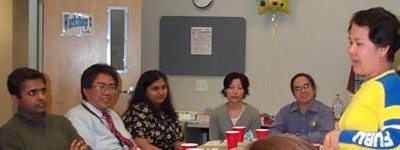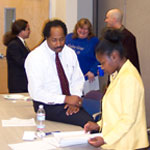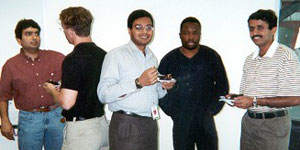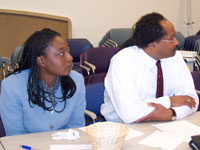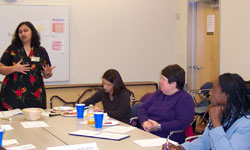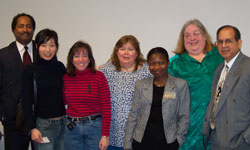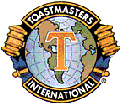
ChatHome Toastmasters
FAQs
Email ChatHome

PAGE CONTENTS
About Meetings:
Meeting Format
Meetings Same?
Guests
Table Topics
Evaluations
Meeting Roles
About Clubs:
Choosing Club
Visiting
Joining & Dues
About Program:
Mentor
CTM/ATM/DTM
CL/AL
Manual
GUESTS CLUB MEMBERS EVENTS RESOURCES [Welcome Home] [Directions] [FAQs-Questions] [How to Join]Frequently Asked Questions
Email Webmaster
Copyright ©2002 CH@Home Toastmasters (Last Revised: 12/5/04)
